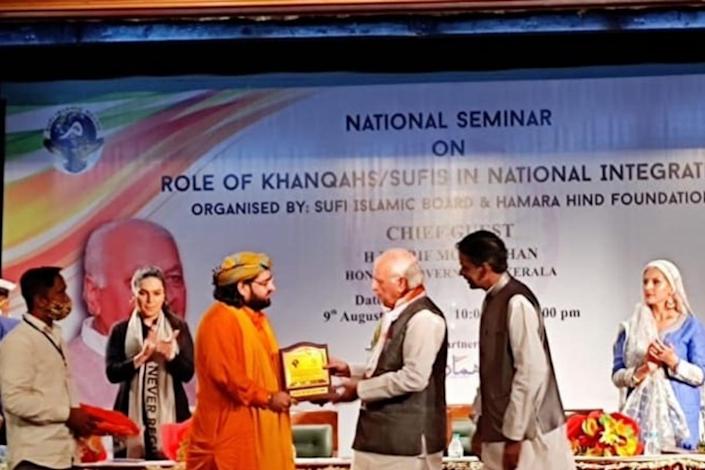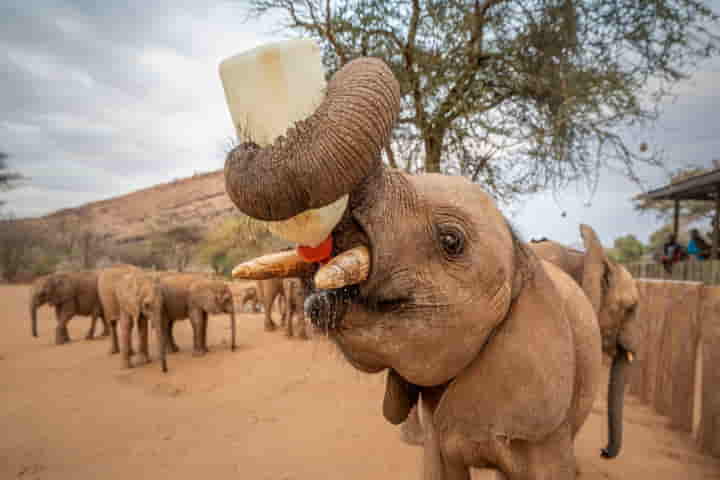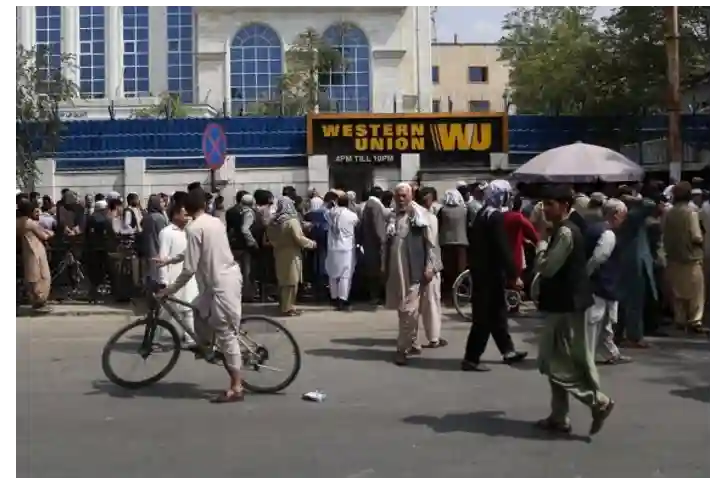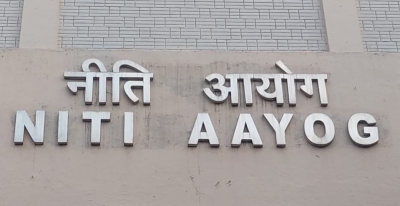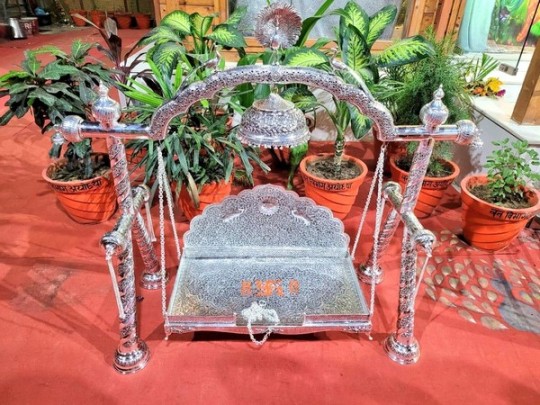Sufi clerics meeting in the Capital have called for an end to radicalisation to foster a strong and inclusive India fired by the unifying spirit of the sect.
The Sufi clerics who had gathered for an all-India conference tiltled "Role of Khanqahs/ Sufis in National Integration" agreed and stressed that it is only Sufism that can unite the different religions in the country and promote communal harmony in the society. During this national seminar, the clerics condemned the rising radicalisation in the country and agreed and pledged to work to promote Sufism in India and communal harmony and blunt the effect of radical organisations.
The event, was hosted jointly by Capital based Hamara Hind Foundation and the Sufi Islamic Board based in Mumbai. Arif Mohammad Khan, the Governor of Kerala inaugurated the event.
Also read: India is a nation of religious tolerance, says Pew Center survey
Khan in his inaugural address asked and advised all the participants in the event to desist from mixing with those forces that are divisive and who peddled the false narratives that ‘Islam is in danger’. Praising the democratic values of India, Khan further highlighted and stressed on the role of the Khanqahs and Sufis in promoting national integration and Hindu-Muslim brotherhood in the country.
Other dignitaries who attended this meet included Amber Zaidi (film producer and director and also founder of Hope Foundation), S.M. Khan (former Director, Doordarshan), Leila Mostofi (first Iranian woman film director), Dr. Shabana Khan (President, Mulai Foundation), Syed Nizamuddin Chishti (25th Silsila Khwaja Moinuddin Chishti), Sohail Khandwani (Trustee, Hajipur Dargah) and S.M. Arif Zaidi (Dean, Jamia Milia University).
Also read: Kashmir youth activists hold conference to revive Sufism
S.M. Khan, talked about how Khanqahs had influenced and shaped his life. Mostofi looking at the multi-religious culture of India, praised its feature of co-existence and extolled Indian Sufi tradition.
Attended by 150 Sufis from 16 Khanqahs from across the country the seminar also honoured several social organisations and activists for the work during the two waves of the Covid-19 pandemic.






